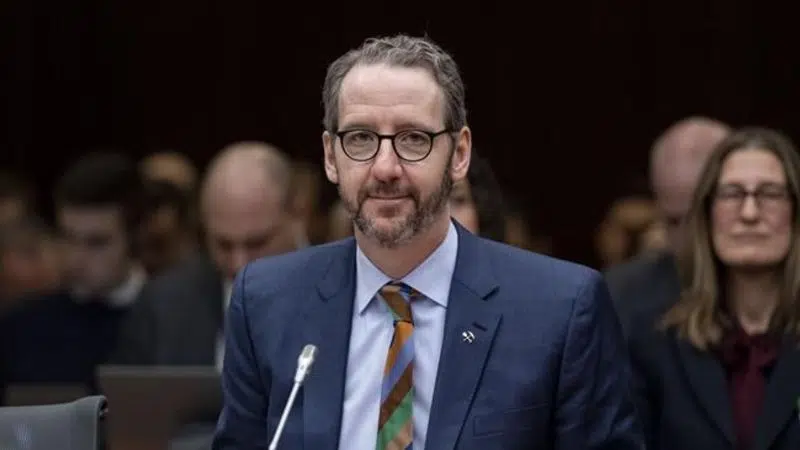
The Latest: Butts, Wernick testify at justice committee on SNC-Lavalin affair
OTTAWA — The last developments at the House of Commons justice committee, holding hearings Wednesday on the SNC-Lavalin affair (all times local):
4:50 p.m.
The Liberal majority voted to debate calling further witnesses at the committee’s next meeting in nearly two weeks.


